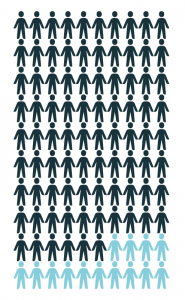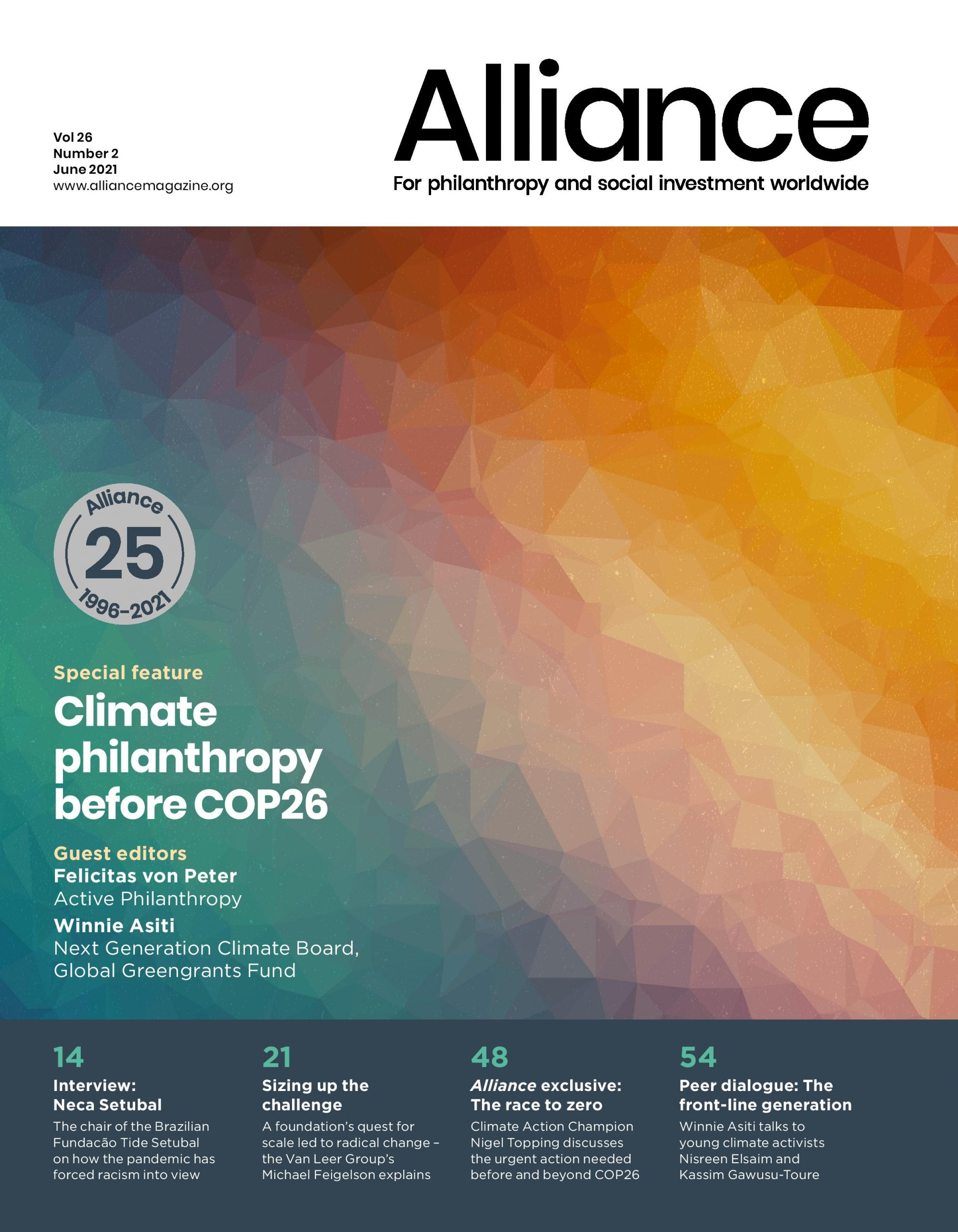Structural racism in Brazil defines the life and health of its Afro-descendant population from childhood onwards. One foundation has set out to change that
Over the past three decades, scientific research has confirmed that the most critical time for the development of children and the adults they subsequently become are the early years, especially the first 1,000 days. Extreme poverty can threaten this development. It can mean decreased attention from overworked, stressed parents and caregivers leading to domestic violence, the use of drugs and alcohol, bad housing and sanitary conditions and lack of access to food. As a result, children are less healthy, learn less, often have more difficulties in maintaining trusting relationships with others and earn less in adulthood. They reproduce the vicious circle of poverty and these individual costs accumulate across society, restricting wealth creation and eroding national revenues.

86 per cent of children living on the streets in Brazil are of African descent.
In Brazil, this is compounded by structural racism, which affects the Afro-descendant population, some 56 per cent of the population overall. Their children are 60 per cent more likely than white children to die before the age of five, they are 70 per cent more likely to be poor and 30 per cent more likely to be out of school. As a consequence, they make up 65 per cent of informal child workers and 86 per cent of children living on the streets. In short, racism determines inequalities at birth for over half of the Brazilian population.
The José Luiz Egydio Setubal Foundation (FJLES) is a family foundation that has ten years’ experience of supporting child health and development through its hospital, its teaching and research centre and its social projects. Over the next decade, the foundation has decided to concentrate on child healthcare through the UN’s Sustainable Development Goals (SDGs), with particular focus on the Afro-descendant population, and to collaborate in the training of health professionals so that they recognise and actively participate in this anti-racist struggle.
One focus of FJLES is children that live in quilombos, historical communities of black slaves who resisted Brazil’s former slave-owning regime, developing a distinctive identity in the process and which continue to exist to the present. According to official sources, there are more than 7,000 quilombo communities across Brazil, living in conditions that are often some of the worst in the country, with lack of access to basic services such as sanitation, healthcare and education and with poverty rates as high as 75 per cent, three times the level among the general population. In such poor conditions children are at great risk of malnutrition, disease and high rates of mortality.
This led FJLES to set up a programme to improve their health. It follows three intertwined strategies: the improvement of health services at community level through health promotion, disease prevention and provision of basic health services; training and education of health teams that deliver services in those communities; and supporting activities such as better record systems, leadership development and establishment of local partnerships with interested organisations – public or private. The FJLES commitment is for the next ten years as part of Plan 2030 to implement the SDG goals. It is expected that the initiative will bring a commitment of $10 million from partners.
The overall aim is to stimulate affirmative action throughout society to influence policymakers and public authorities to make wider changes. The foundation believes that it cannot deal with these challenges alone, but by mobilising action among a wide range of groups and organisations it can create a different attitude throughout Brazilian society to its Afro-descendant population and the racism that has dogged its development for decades.
José Luiz Setubal is founder and president of the José Luiz Egydio Setubal Foundation.
Email jlsetubal@gmail.com
Twitter: @josesetubal
Marcos Kisil is senior adviser to the presidency, José Luiz Egydio Setubal Foundation.
Email mkisil@idis.org.br







Comments (0)